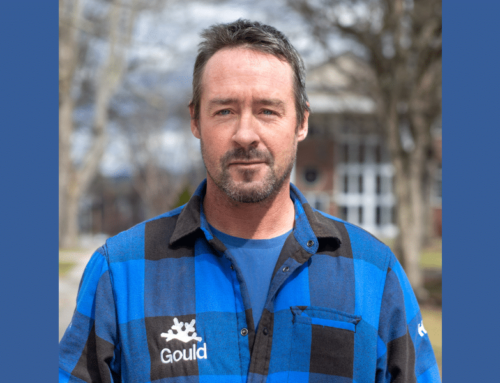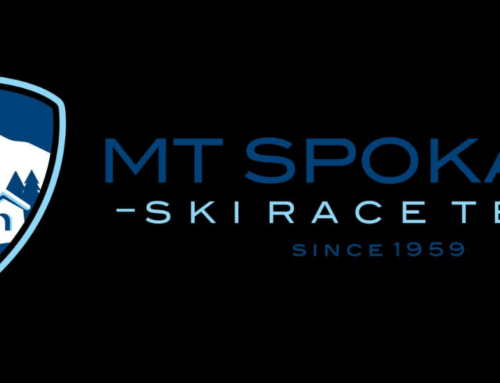Why Bode Miller just might be the next great horse trainer
Six-time Olympic medalist Bode Miller has never taken a conventional approach to sport, and that’s what makes his latest foray into the business of training race horses particularly intriguing. He plans to apply a unique skill set acquired over his successful career of ski racing to take the horse racing industry by storm. But does he even stand a chance?
Miller told Frank Angst of Bloodhorse.com in July that he purchased a barn at Fair Hill Training Center in Elkton, Md., where he plans to apply a new approach to training Thoroughbreds. His new approach included few specific details until an interview with Horse Racing Radio Network earlier this week shed greater light on what he sees as some glaring opportunities in the sport as well as parallels to his experiences as a ski racer.
“Most people … don’t get into ski racing to make a bunch of money. … It’s not a mainstream American sport where you get the million dollar contracts. It’s an amateur sport. It’s based around the Olympics. We do it for that reason alone,” said Miller. “And I think for me having that excitement fill the whole first half, or hopefully a third, of my life – I wanted to fill that gap as I got out of ski racing. The only thing that I would say steered me directly besides my love for the sport of horse racing is the set of skills that I developed as a ski racer just really tend to correspond overly with horse racing compared to what you would think.”
Firstly, Miller hopes to adapt his grasp of the somewhat complicated but highly effective ski racing penalty and points system and apply it to ranking horses in order to make better selections of which races to enter from a management standpoint.
“As a young kid … you learn this weird skill set of comparing races. And based on all these factors, these calculations, and numbers, you have to assess the quality of the racer who won, how fast they were that day comparatively to the racer who raced in Colorado on the same day or two days later,” explained Miller. “No parent even really knows how to do it but 10- and 11-year-old kids learn how to do it. … When we learn that skill set, I could literally look at a race in New Hampshire and say … OK, I’m competitive with this kid who just got 15th place in a race over in Switzerland and I’m also competitive with this kid who got third place out in Colorado.”
This enables ski racers to predict how they might fare in head-to-head racing at the same event as competitors who are located all around the world without actually having to race each other on a regular basis.
“Ironically, that is the exact skill set that’s probably I would say the most underutilized in the horse racing business – making sure that you know what your horses are capable of and you put them into the races that they’re most suited for,” said Miller.
Miller also believes that many horse trainers go awry in their conditioning plans out of fear of injuring the animals. The downside is that many horses never train at the distances or speeds they face come race day especially in endurance events.
“Anytime you have a huge variance between what you’re training and what you’re actually doing in competition, you’re asking for injuries. That’s across the board in any sport,” Miller pointed out. “Right now in horse racing, I don’t think we’ve ever had a larger gap between what the average trainer is doing with his horses in training and what he’s asking his horse to do in the race. That’s what I intend to change the most drastically.”
Modern training techniques including testing and monitoring horses on high-speed treadmills in a lab to determine heart rate variability parameters before using that data on the track particularly interest Miller. He’s looking forward to melding the application of modern technology with instinctive horsemanship to help the animals reach their potential in a safe manner.
“It’s an objective sport like ski racing is. It’s generally just based on time. It doesn’t matter if the horse looks funny winning, as long as they’re faster no one can say anything,” Miller cited as one of the reasons he’s attracted to horse racing. “And that was really one of my greatest loves of ski racing was everyone always said that my style looked like crap but I was fast. I think I relate that to horse racing as well.”
Several former ski racers have remained directly involved in the sport as coaches or media commentators, but Miller has an opportunity to fulfill his drive for competitiveness in another realm.
“It really is kind of a natural fit in terms of the acquired skill set and the fact that I love the sport and that it’s so thrilling and exciting when you see a horse that you’ve invested your time and energy into and really taken care of win. … It’s very comparable to winning World Cups.”





















